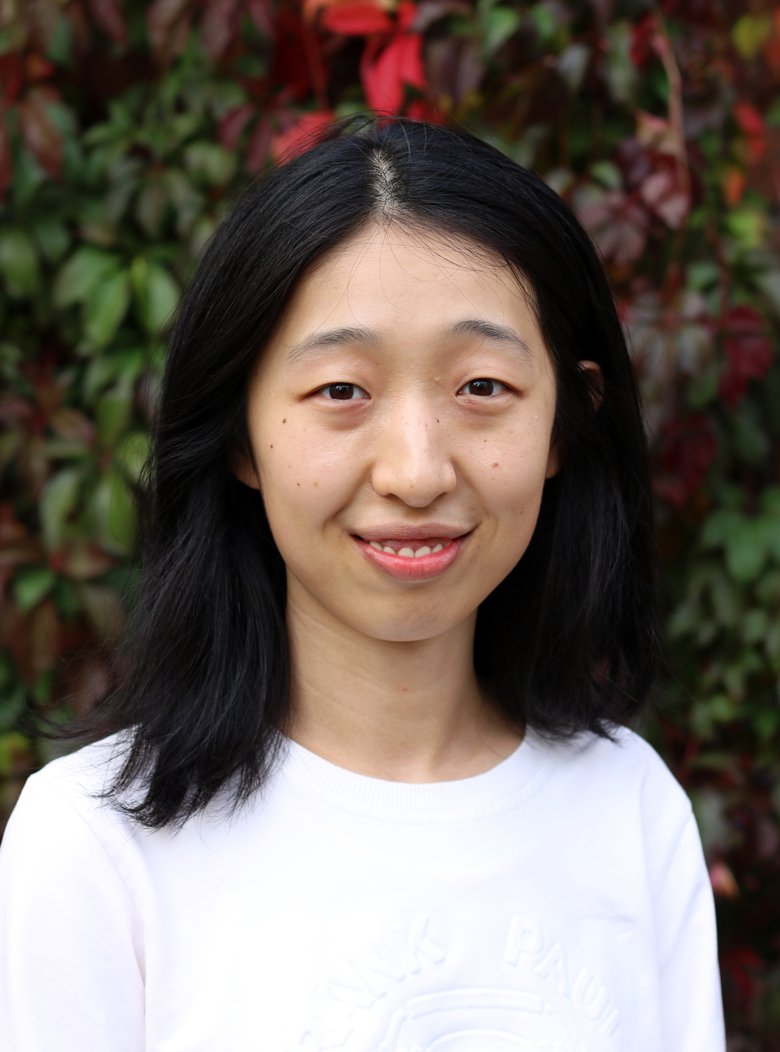Biological age – a scale of aging
There is a global trend of population aging and Xia Li has studied the phenomena from a molecular epidemiological point of view, with a focus on biological aging. As the number of elderly increases worldwide, there is a need for better data on assessment and prediction of aging risks independent of chronological age. This kind of data is needed together with genetic assessments in order to allow the use of precision medicine.

Could you describe some of the results in your thesis, Xia?
– We looked at “biological age”, that is, a quantification of aging-related changes in the cellular, organ-, system-, and/or organismal features, says Xia Li, PhD student at the Department of medical epidemiology and biostatistics, MEB. Biological age can be useful as a source of information different from our chronological age. We explored a range of biological age measures, including the length of a DNA sequence called a telomere, chemical modifications to DNA, serum biomarkers, cognitive and physical functions, and the overall frailty. We found that all molecular and functional measures reflect distinct aspects of aging. Using a set of multi-dimensional biological ages would provide complementary evidence for risk assessment and intervention effect evaluation.
In addition, we screened the genetic background in relation to an inflammatory biomarker, C-reactive protein, in blood. We found that rare mutation carriers expressed only half the C-reactive protein concentration in the blood that the general population could normally have. This result suggests that information on rare genetic information could guide personalized medical service.
Why did you chose to study this particular area?
– I have a background in epidemiology and biostatistics. Chronic diseases and aging have long been my research interest since most people will face this one day. Fortunately, I saw the PhD recruitment information posted by my supervisor Sara Hägg in the last year of my Master’s program. The project of “biological age” looked very interesting. That is how I came to KI to start my PhD studies.
What will you do next?
– I plan to continue working at KI and will do postdoctoral research on “mental disorders and aging” together with researchers from two departments, IMM and MEB.
Doctoral thesis
“Biological ages: correlations, genetic determinants, and health outcomes”
Xia Li, Karolinska Institutet (2021), ISBN: 978-91-8016-373-6
